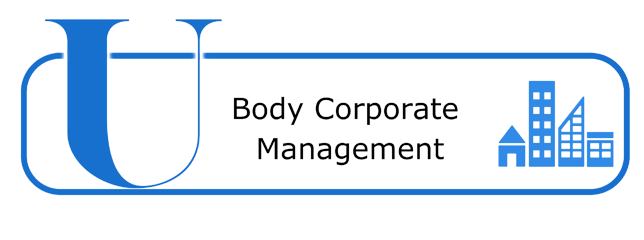A question that is often asked is who is responsible for what in a building. Here is some examples of what the Body Corporate and Owners are responsble for
The body corporate is usually responsible for maintaining:
- the outside of the building
- the foundations and roof of the building
- roofing membranes that are not on common property but give protection for lots or common property
- essential structural elements of the building (like foundation structures, roofing structures that provide protection and load-bearing walls) even if they are not on common property
- roads, gardens and lawns on common property
- facilities on common property (like swimming pools and barbeques)
- railings or balustrades on, or near to, the boundary between a lot and common property, including the balustrade on a private balcony
- any doors or windows, and their fittings in a boundary wall between a lot and the common property (including garage doors and their fittings)
- utility infrastructure (like equipment, pipes and wiring) that is on common property, or in a boundary structure, or services more than 1 lot.
The lot owner is generally responsible for:
- the inside of the lot, including all fixtures and fittings inside the lot
- doors and windows leading onto a balcony that forms part of the lot
- a shower tray used by the lot, even if it is not within the boundaries of the lot
- utility infrastructure (like equipment, pipes and wiring) that is within the boundaries of the lot and only services that lot
- utility infrastructure (including equipment and associated wiring and pipes) that is on common property, if it only services that lot and is a hot water system, washing machine, clothes dryer, air-conditioner or similar equipment
- any fixtures or fittings, including on common property, that were installed by the occupier of a lot for their benefit
- exclusive use areas the owner has the benefit of, unless the exclusive use by-law says otherwise.
